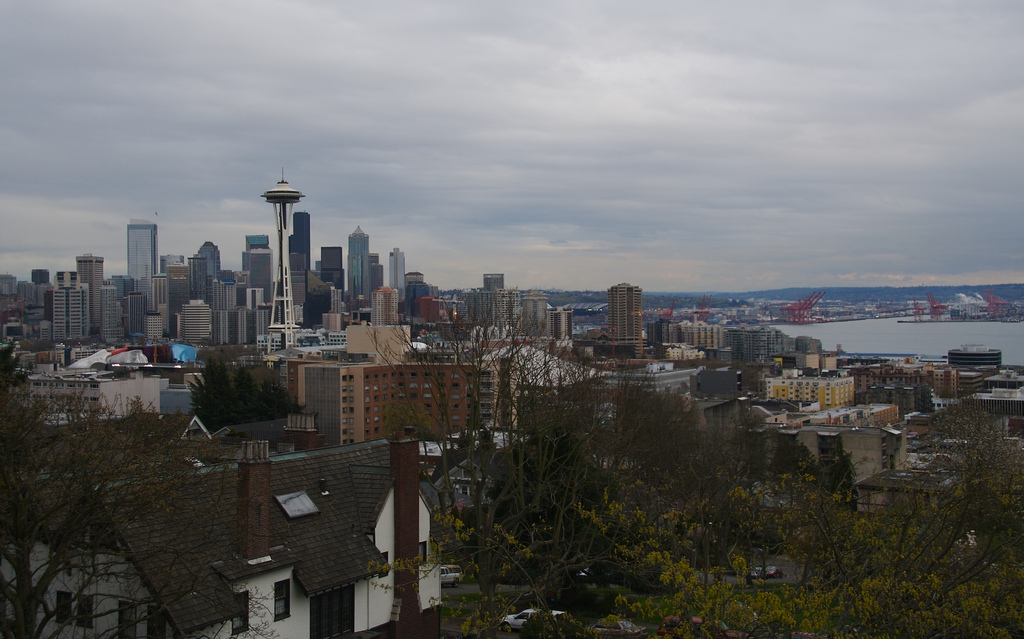The medical marijuana program in Washington State has been the target of many controversies since the revolutionary passage of Initiative 502, the law that legalized recreational marijuana-use across the state in late 2012. According to the Seattle Times, there had been much pressure for state lawmakers to pass regulations for medical marijuana, but after an eleven-hour session last Thursday the Legislature adjourned for the year without taking any further action on the subject.
“Even with the help of the governor, it was too much to get beyond at the eleventh hour,” said Senator Ann Rivers. Rivers was sponsoring a bill that would have amended I-502 to address concerns over marijuana regulations, but it required a two-thirds supermajority and was opposed by House Republicans who wanted some allocation of marijuana tax revenue for more localized governments. House Democrats are hesitant about such a notion, desiring more information about the economic effects of recreational marijuana before sharing tax revenues at the local level.
Medical marijuana supporters then turned their attention to U.S. Attorney Jenny Durkan, wondering if she would target medical marijuana growers and businesses simply because Washington’s medical market remains so largely unregulated. Durkan responded on Friday, saying that while all marijuana establishments are still federally illegal, the feds would be focusing on those businesses that specifically violated other policies outlined by the Department of Justice: namely, those concerning money laundering, cross-state drug trafficking, and supplying marijuana to minors.
Kari Boiter, the Washington State coordinator for Americans for Safe Access (the nation’s largest medical marijuana advocacy group), was not necessarily comforted by Durkan’s words: “That doesn’t give patients much reassurance that we won’t be targets,” she says.
Some lawmakers in the state capitol believe that Governor Jay Inslee should designate a task force for handling the medical regulations, but Sen. Rivers has the sense that this is unnecessary. “As long as we have interested parties engaged, I think we can get it done without a formal title.”
State lawmakers and a spokesman for Gov. Inslee have claimed that there remains enough time to place new regulations for Washington’s medical marijuana system before the feds may find it necessary to crack down on the state’s medical program, though any real action must wait until the next legislative session in January, 2015.
In the meantime, medical marijuana dispensaries and patients across Washington find themselves in a state of limbo in regards to state law. Seattle’s approximately 200 dispensaries are in an especially confounding situation: the Seattle City Council already passed a provision requiring all marijuana dispensaries (medical and recreational) to have acquired a state-approved license by January 1st, 2015—this now appears to be an impossible feat, as such a license is currently only offered under I-502 until further regulations are passed, hopefully during the next legislative session at the beginning of next year.
Additionally, last month the Washington House voted to ban medical dispensaries as of May 1st, 2015; the state’s medical program will be dropped then, and patients will be required to purchase their medicine from retail marijuana establishments. This move is clearly an effort to place the medical marijuana system under similar regulations as the budding recreational market, which would both undercut economic competition that could disrupt the recreational market and hopefully appease the onlooking federal government.
Sources:
http://seattletimes.com/html/localnews/2023134465_potlegislaturexml.html
Image Credit: Aram Kudurshian
